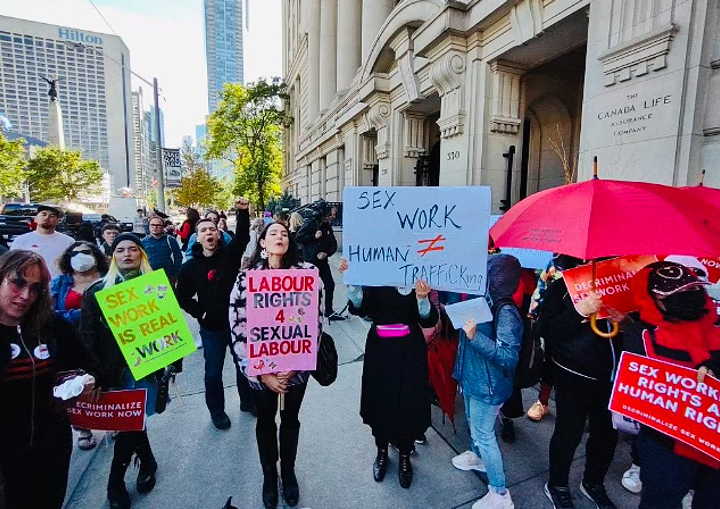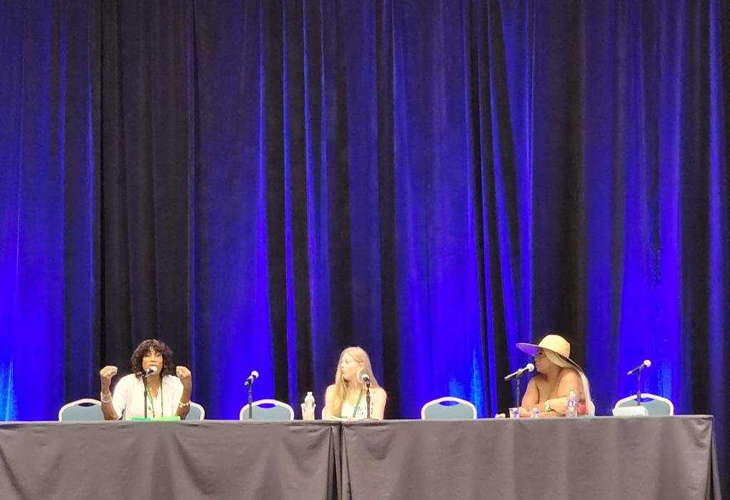October 18, 2022
SESTA/FOSTA refers to a set of laws passed by the Trump administration: The Stop Enabling Sex Traffickers Act (SESTA) and the Fight Online Sex Trafficking Act (FOSTA).
These laws effectively suspend Section 230 of the Communications Decency Act of 1996, which stipulates that “No provider or user of an interactive computer service shall be treated as the publisher or speaker of any information provided by another information content provider.”
In simpler terms, it allows user-generated speech, such as comment sections and discussion boards, to remain uncensored.
SESTA/FOSTA amends Section 230 by suspending its protection in cases where online platforms are perceived to be promoting prostitution.
Online providers can now be held liable for posts perceived to be advertising sex on their sites. State law enforcement can prosecute these cases at their discretion.
Social media platforms are forced to censor user-generated content to avoid legal repercussions.
Under SESTA/FOSTA, our right to freedom of speech online is at risk.
How SESTA/FOSTA endangers sex workers
Sex workers once relied on the internet to create safety nets and protocols to keep themselves safe. They used online platforms to create networks, advertise, screen and approve clients, and schedule appointments from the safety of their own homes.
Without these resources, sex workers are quite literally pushed back onto the street, where they lack the means to plan client meetings ahead of time. This forces them into dangerous situations, making them more vulnerable to physical violence from un-screened clients and harassment by law enforcement.
How SESTA/FOSTA keeps victims of human trafficking in danger
Evidence shows that banning something does not end demand for it. By banning online sexual solicitation, SESTA/FOSTA doesn’t actually stop traffickers from trafficking, it just makes it easier for them to hide.
Law enforcement actually relies on online platforms for evidence in cases of human trafficking, and by censoring certain language from the internet, SESTA/FOSTA effectively scrubs away legal evidence, making it easier for cases of human trafficking to go undetected.
The US Department of Justice itself testified that SESTA would make it more difficult for law enforcement to investigate and prosecute human trafficking cases.
How SESTA/FOSTA censors free speech on the internet
Internet censorship tends to be based on loose perception and opinion rather than fact. SESTA/FOSTA allows state and federal law enforcement the discretion to judge what is and isn’t “appropriate.”
While this has predominantly affected sex workers and their ability to work safely, suppression of free speech could affect anyone, should law enforcement individuals feel that their speech is inappropriate.
One example of this is Craigslist’s shutdown of its Therapeutic Services page, which left people like Eric Koszyk, a massage therapist, without a means of advertising, screening clients, and scheduling appointments online.

DSW Newsletter #41 (October 2022)
Canadian Sex Workers Are Making History

Harm Reduction and Sex Work

SESTA/FOSTA Explained

DSW Presents at the National Harm Reduction Coalition’s Biennial Conference

